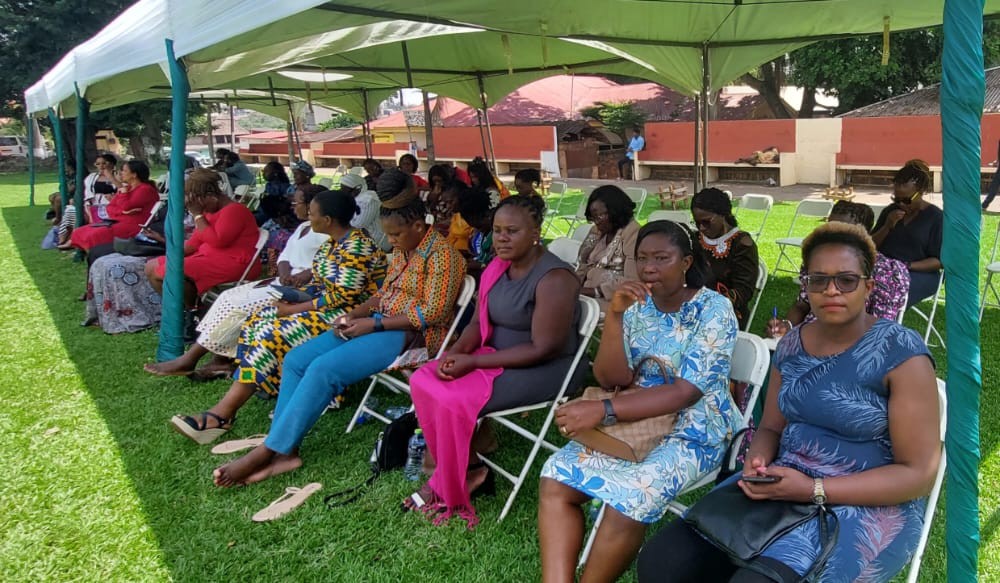By Florence Afriyie Mensah
Kumasi, Oct.26, GNA – Ghana’s quest to attain sustainable food production systems requires a multi-dimensional approach.
It must involve policy measures that are gender-sensitive, with integrated methodology at all the stages – from production, transportation, storage, processing, wholesaling, retail and consumption.
Dr Ruth Prempeh, a Researcher at the Crops Research Institute (CRI) of the Council for Scientific and Industrial Research (CSIR), who stated these, said achieving sustainable food systems depended on the strong partnerships among state and non-state actors.
Speaking at a Women in Agribusiness stakeholder engagement in Kumasi, she said multi stakeholder partnership in food production system was the surest way to achieve the target of the Sustainable Development Goal Two – end hunger, achieve food security and improved nutrition and promote sustainable agriculture.
Dr Prempeh stressed the need for Ghana to align itself with principles of the efficiency of resource use in land, water, fisheries and forests, protect and enhance natural resources’ sustainability as well as reducing environmental externalities of agriculture.
This, she said would enhance peoples, communities and ecosystems resilience, while ensuring responsible and effective governance system, particularly, with respect to the use and the protection of natural resources.
The workshop held on the theme: “Revitalising Partnerships for Sustainable Agribusiness Development”, was put together by Guzakuza, an organization established to provide technical support to women in agriculture.
Dr Prempeh observed that the food system was an important part of the people lives, explaining that “we are what we eat, and it is one of the biggest drivers of health and well-being”.
She called on stakeholders to implement a holistic and inclusive approach to Africa’s food systems to better tackle hunger, poverty and improve nutrition, while conserving natural resources.

Madam Fortune Kyei, Project Lead of Guzakuza, said the organisation had tailored programmes to ignite the interest of women, particularly intellectuals, train them to acquire requisite skills in agribusiness in rural communities.
She pointed out that funding and acquisition of farmlands, which had been the main challenges of women in agriculture, could be solved through the intervention of traditional leaders.
She used the occasion to plead with traditional authorities, land owners and stakeholders to always assist women in that regard and make lands and funds more accessible to women in agribusiness.
Nana Afia Abrafi, Queen mother of Bomso, advised women in agribusiness to acquire farmlands from the rightful owners to avoid litigation.
GNA